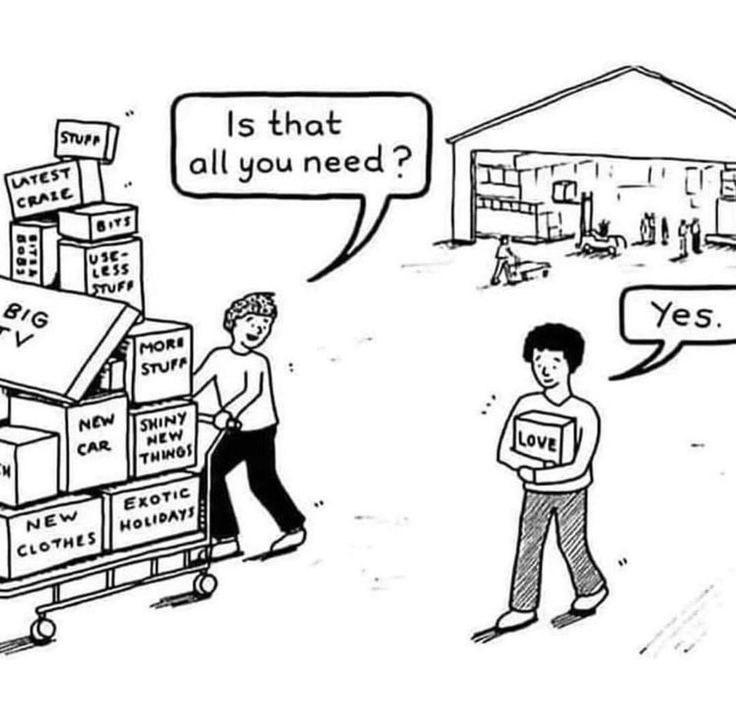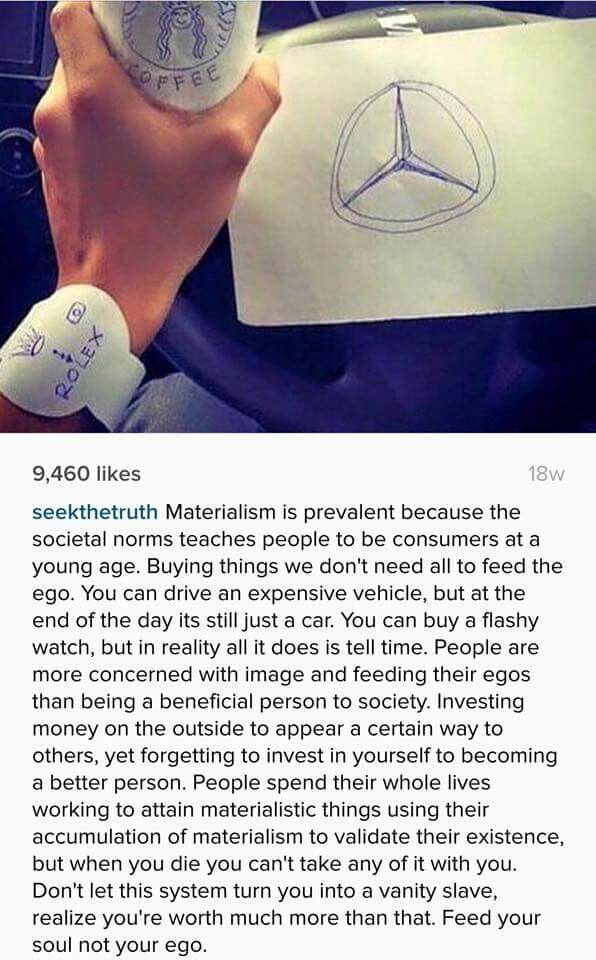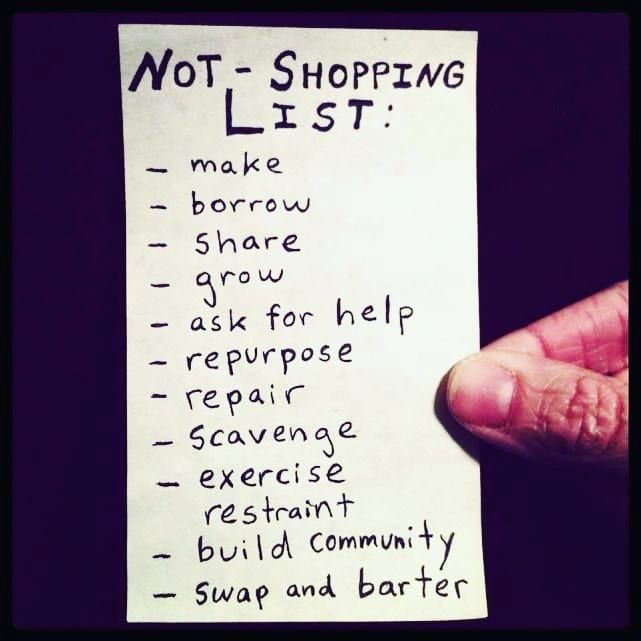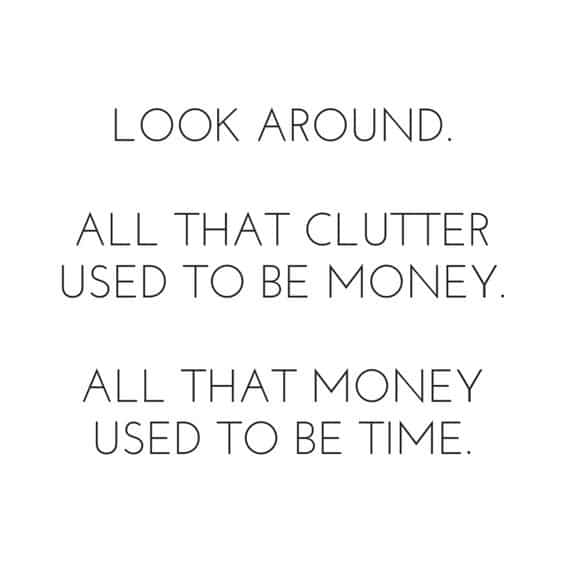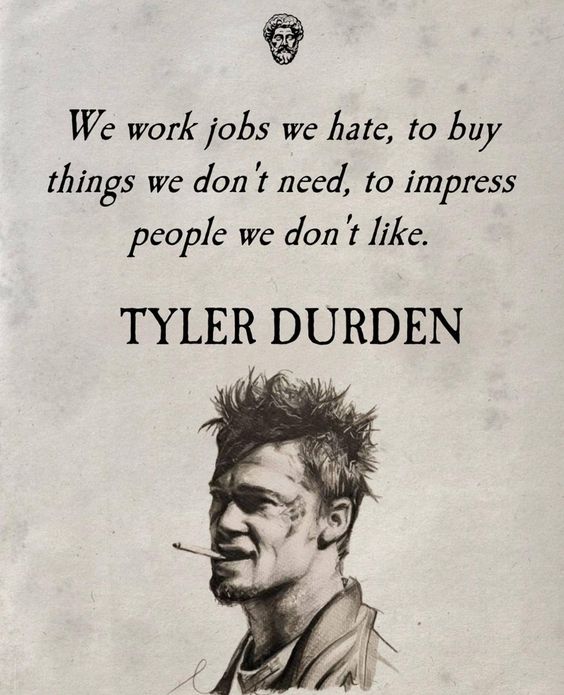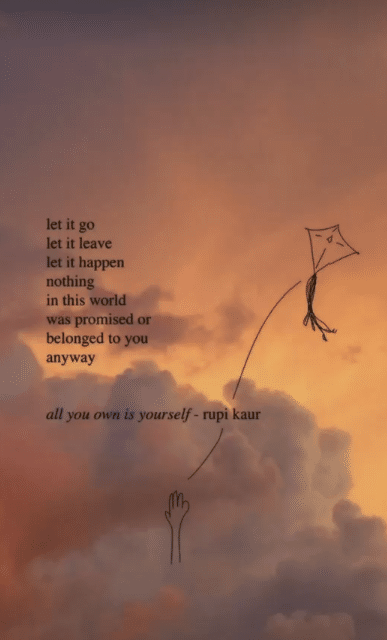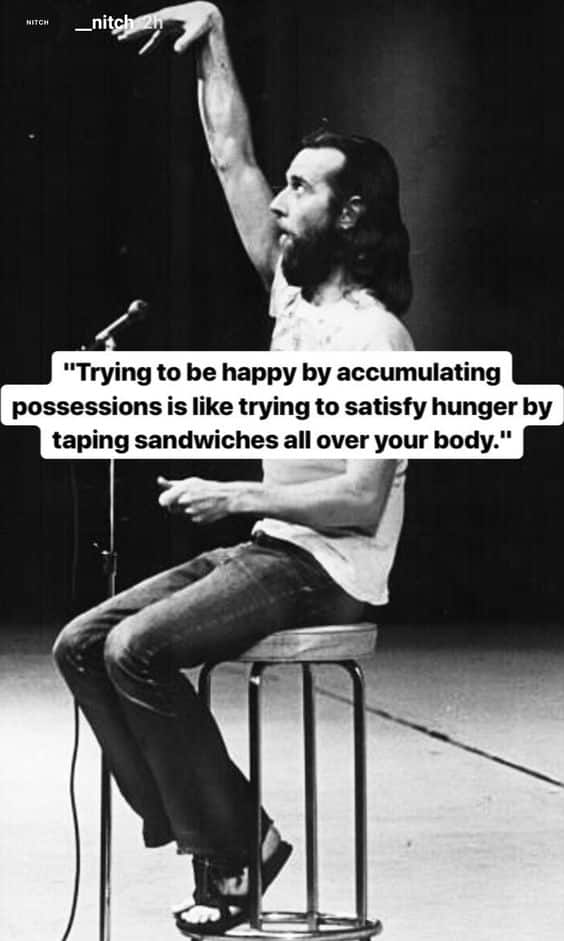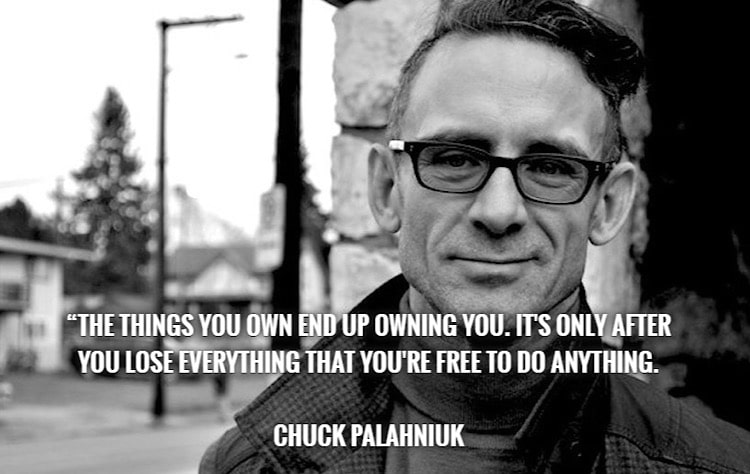“What belongs to you today, belonged to someone yesterday and will be someone else’s tomorrow.”
Unknown, via Think Like A Monk (Page 185)
“Do not dream of possession of what you do not have: rather reflect on the greatest blessings in what you do have, and on their account remind yourself how much they would have been missed if they were not there. But at the same time you must be careful not to let your pleasure in them habituate you to dependency, to avoid distress if they are sometimes absent.”
Marcus Aurelius, Meditations (Page 62)
“‘If I am more successful, I’ll be happier, and people will love me more.’ I was trying to fill an internal emotional hole with external, material achievements. Ultimately, this kind of obsession is insatiable. The more you get, the more you want, all the time never quite scratching the itch. You end up with a mind consumed by what it doesn’t have and what it didn’t get, and in a spiraling inability to enjoy what it has.”
Will Smith, Will (Page 333)
“Things of themselves cannot touch the soul at all. They have no entry to the soul, and cannot turn or move it. The soul alone turns and moves itself, making all externals presented to it cohere with the judgements it thinks worthy of itself.”
Marcus Aurelius, Meditations (Page 41)
“Not wanting something is as good as having it.”
Dru Riley, Blog
“Only he who accepts that the essence or meaning of his life is not material but spiritual can be free.”
Leo Tolstoy, A Calendar of Wisdom (Page 187)
“We’ve got a form of brainwashing going on in our country. Do you know how they brainwash people? They repeat something over and over. And that’s what we do in this country. Owning things is good. More money is good. More property is good. More commercialism is good. More is good. More is good. We repeat it—and have it repeated to us—over and over until nobody bothers to even think otherwise. The average person is so fogged up by all this, he has no perspective on what’s really important anymore.”
Morrie Schwartz, via Tuesdays With Morrie (Page 124)
“We may claw and fight and work to own things, but those things can be taken away in a second. The same goes for other things we like to think are ‘ours’ but are equally precarious: our status, our physical health or strength, our relationships. How can these really be ours if something other than us—fate, bad luck, death, and so on—can dispossess us of them without notice? So what do we own? Just our lives—and not for long.”
Ryan Holiday, The Daily Stoic (Page 360)
“Meaning is not found in the material realm—dinner, jazz, cocktails, conversation or whatever. Meaning is what’s left when everything else is stripped away.”
Howard, via Between Two Kingdoms (Page 126)
“Anything that is given can be at once taken away. We have to learn never to expect anything, and when it comes it’s no more than a gift on loan.”
John McGahern, The Leavetaking, via Sunbeams (Page 109)
“One is not rich by what one owns, but more by what one is able to do without with dignity.”
Immanuel Kant, via Sunbeams (Page 103)
“Don’t set your mind on things you don’t possess as if they were yours, but count the blessings you actually possess and think how much you would desire them if they weren’t already yours. But watch yourself, that you don’t value these things to the point of being troubled if you should lose them.”
Marcus Aurelius, Meditations, The Daily Stoic (Page 149)
